**”The Role of Cryotherapy in Mental Health: Exploring the Benefits of Cold Exposure for Anxiety and Stress Management”**
The Role of Cryotherapy in Mental Health: Exploring the Benefits of Cold Exposure for Anxiety and Stress Management
In recent years, cryotherapy has emerged as a popular wellness trend, particularly for its potential mental health benefits. This therapeutic technique, which involves exposing the body to cold temperatures, has been studied for its effects on anxiety and stress management. In this blog post, we will explore how cryotherapy may serve as a valuable tool for those seeking to enhance their mental well-being.
Understanding Cryotherapy: What Is It?
Cryotherapy consists of various techniques aimed at exposing the body to cold temperatures. This can be achieved through localized treatments, such as ice packs or cryo-sprays, or through whole-body cryotherapy (WBC) chambers, where individuals are enveloped in extremely cold air for a short duration.
The Science Behind Cold Exposure
The underlying principle of cryotherapy is that exposure to cold can trigger a series of physiological responses. When the body experiences cold temperatures, blood vessels constrict, leading to reduced inflammation and increased circulation upon warming. This process can release endorphins and promote a sense of well-being. Furthermore, there is emerging evidence suggesting that cold exposure may help regulate neurotransmitters associated with mood and anxiety.
How Cryotherapy May Alleviate Anxiety and Stress
There are several mechanisms through which cryotherapy might help alleviate symptoms of anxiety and stress. First and foremost, cold exposure can activate the body’s stress response, leading to a temporary increase in heart rate and adrenaline production. However, once the treatment is over, the body relaxes, creating a state of calm.
Moreover, by stimulating the release of endorphins, cryotherapy can act as a natural mood enhancer. Consequently, individuals may find themselves feeling more relaxed and less anxious after a session.
Nutrition Tips to Complement Cryotherapy
While cryotherapy can be a powerful tool for managing anxiety and stress, it is important to consider how nutrition can support its effects. A balanced diet can enhance the benefits of cold exposure, thereby promoting overall mental wellness.
Incorporating Omega-3 Fatty Acids
Omega-3 fatty acids, found in fish like salmon, walnuts, and flaxseeds, have been linked to improved mood and cognitive function. Therefore, incorporating these foods into your diet may help bolster the positive effects of cryotherapy.
Staying Hydrated
Hydration is another essential aspect of mental health. On the other hand, dehydration can exacerbate feelings of anxiety and stress. Consequently, drinking enough water before and after cryotherapy sessions can help support your mental well-being.
Exercise: A Powerful Complement to Cryotherapy
Exercise is widely recognized for its mental health benefits, and when combined with cryotherapy, the effects can be even more pronounced.
The Role of Physical Activity
Regular physical activity can help reduce anxiety and stress levels, primarily through the release of endorphins. Furthermore, exercise can enhance sleep quality, leading to improved mental clarity and emotional stability. Therefore, combining exercise with cryotherapy may create a holistic approach to mental wellness.
Timing Your Cryotherapy Sessions
Many individuals find it beneficial to schedule cryotherapy sessions after workouts. This approach not only aids in recovery but also amplifies the mood-enhancing effects associated with both exercise and cold exposure.
Health Benefits of Cryotherapy for Mental Health
The potential mental health benefits of cryotherapy extend beyond just anxiety reduction. Research has indicated several additional health benefits that may contribute to improved overall well-being.
Enhanced Sleep Quality
One of the lesser-known benefits of cryotherapy is its potential to improve sleep quality. Cold exposure can help regulate circadian rhythms, making it easier to fall asleep and stay asleep. As a result, better sleep can significantly impact your mental health, leading to reduced stress and anxiety levels.
Boosted Immune Function
In addition to its mental health benefits, cryotherapy may also enhance immune function. This is crucial because a strong immune system can contribute to better overall health, reducing the likelihood of stress and anxiety triggered by physical illness.
Increased Resilience to Stress
Furthermore, regular cryotherapy sessions may help individuals build resilience against stress. By repeatedly exposing the body to controlled cold, individuals can train their nervous systems to handle stressors more effectively, leading to improved emotional stability over time.
Conclusion: Embracing Cryotherapy as a Mental Health Tool
In summary, cryotherapy holds promise as a complementary approach to managing anxiety and stress. While it is not a replacement for traditional therapies, its potential benefits in enhancing mood, improving sleep quality, and bolstering resilience to stress make it worth considering.
Moreover, when combined with proper nutrition and regular exercise, the effects of cryotherapy can be amplified, leading to a more comprehensive strategy for mental wellness. Therefore, if you’re exploring new methods to manage anxiety and stress, cryotherapy might just be the cold cure you need for a happier, healthier mind.
FAQ
What is cryotherapy and how does it work for mental health?
Cryotherapy is a therapeutic technique that involves exposing the body to cold temperatures to trigger physiological responses. This exposure can be localized or done through whole-body cryotherapy chambers. The cold causes blood vessels to constrict and then dilate, promoting increased circulation and the release of endorphins, which can enhance mood and help alleviate symptoms of anxiety and stress.
Can cryotherapy be used alongside other wellness practices?
Yes, cryotherapy can be effectively combined with other wellness practices such as proper nutrition and regular exercise. A balanced diet rich in omega-3 fatty acids and staying hydrated can enhance the benefits of cryotherapy. Additionally, scheduling cryotherapy sessions after workouts may amplify the mood-enhancing effects of both exercise and cold exposure, creating a holistic approach to mental well-being.
What are the potential benefits of cryotherapy for mental health?
Cryotherapy may offer several mental health benefits, including reduced anxiety and stress levels, improved sleep quality, and enhanced resilience to stress. By regularly exposing the body to controlled cold, individuals can train their nervous systems to handle stressors more effectively, leading to increased emotional stability and overall well-being.
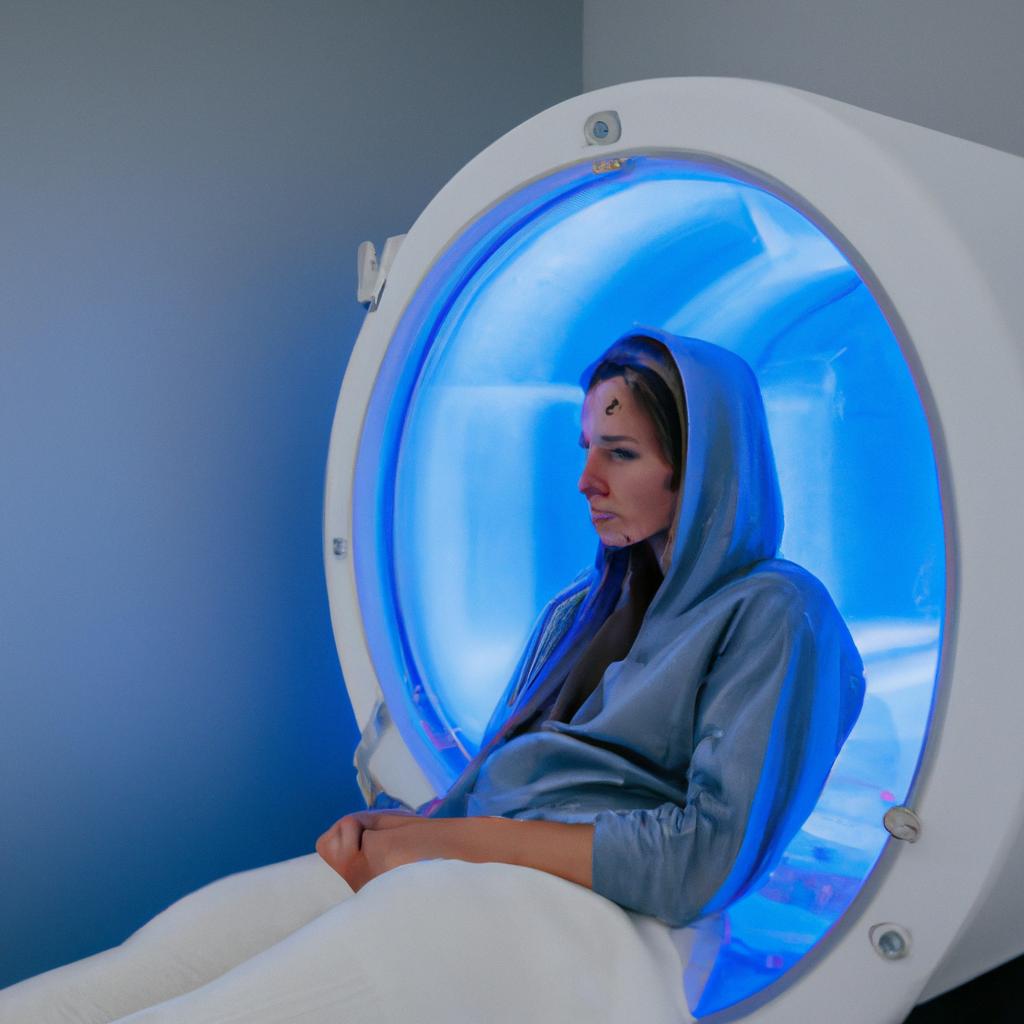

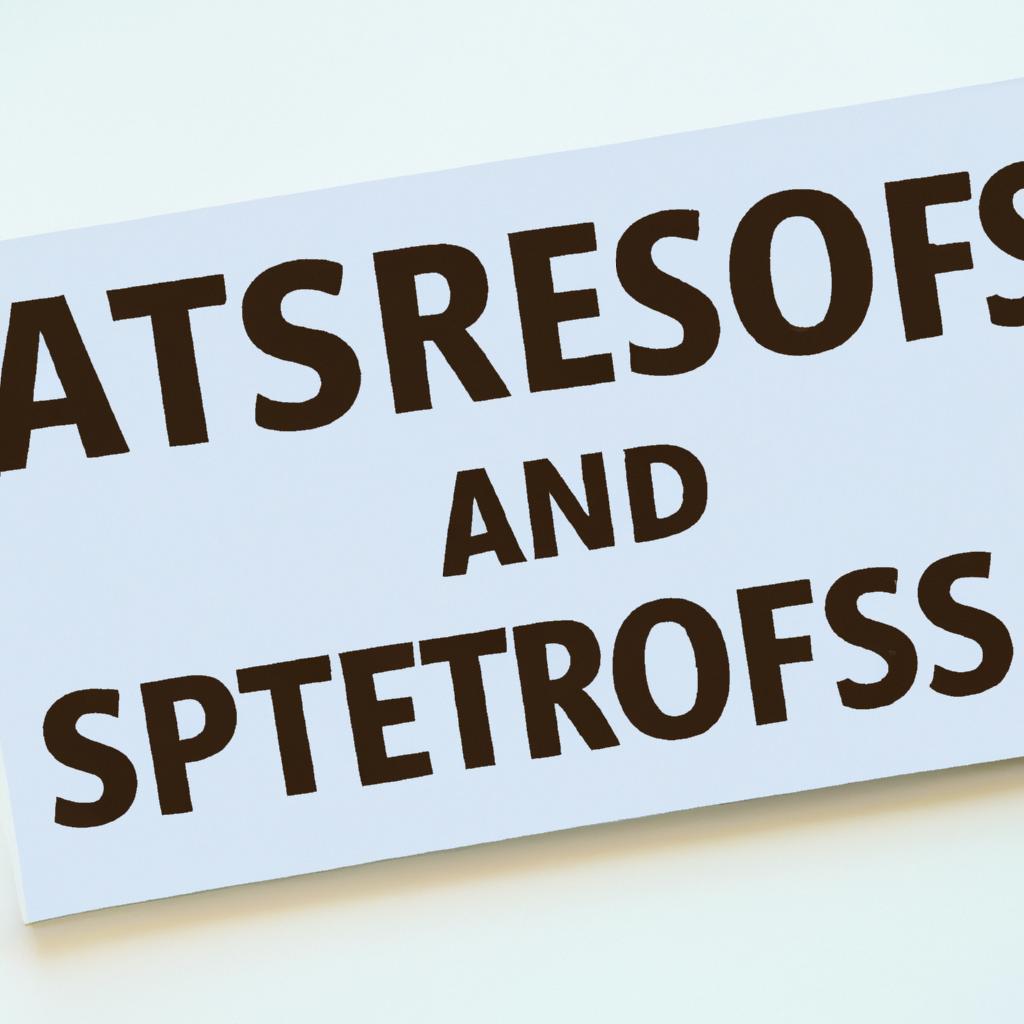
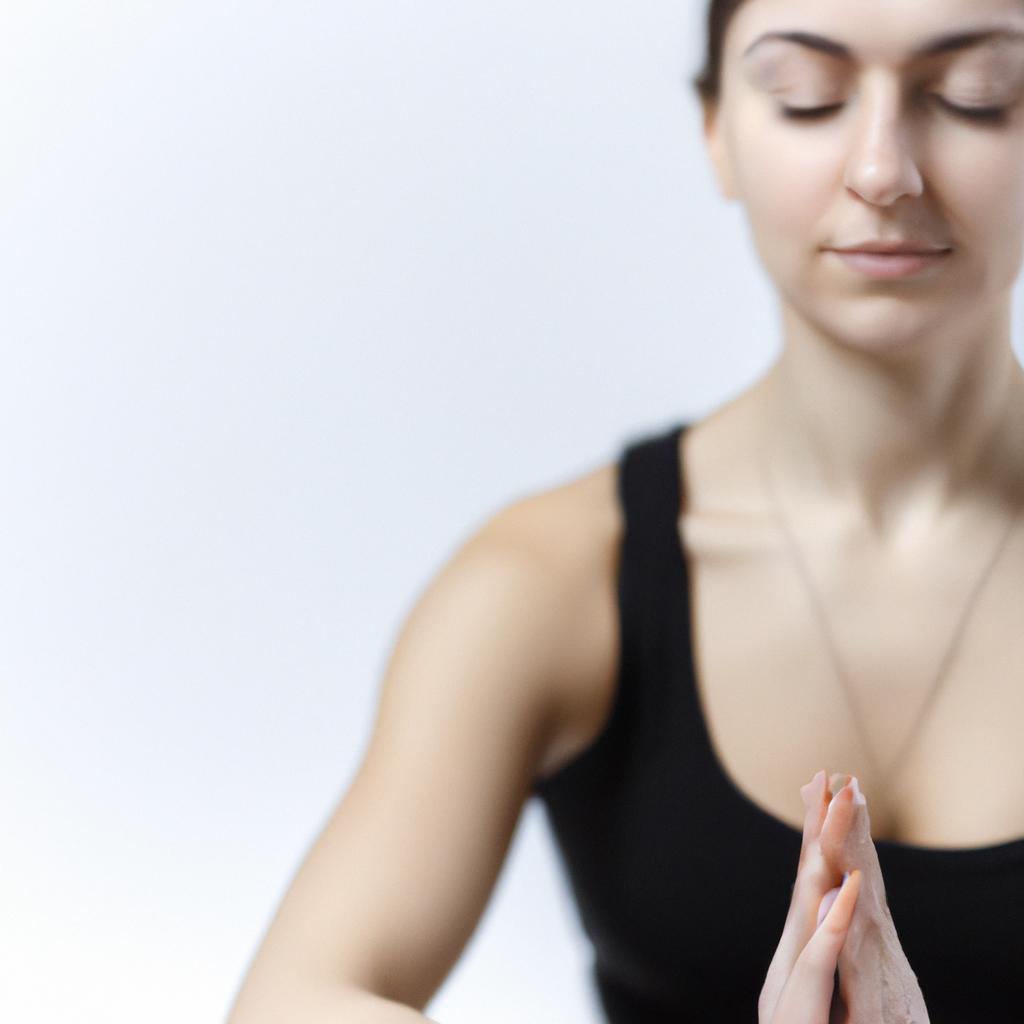





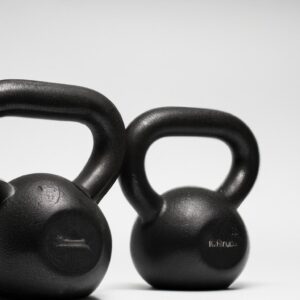




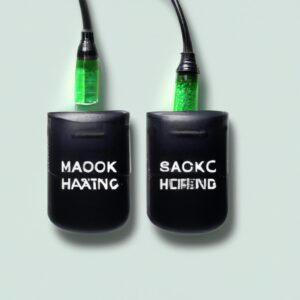
Post Comment